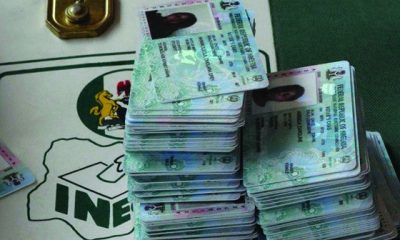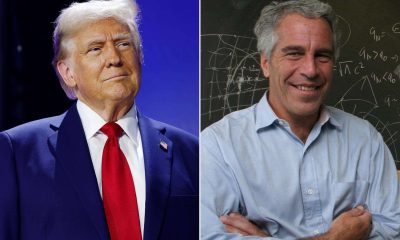World
Ruto removes budget for first lady’s office, cuts government spending after Kenya riots
Kenyan President William Ruto has announced measures to cut government spending after a finance bill meant to raise taxes triggered violent protests across the country.
Ruto said he declined assent to the controversial bill after reflecting on the conversation around its content.
The protests had left over 23 people dead as demonstrators breached the national assembly for the first time in Kenya’s history.
During an X-Space engagement with Kenyans on Friday, Ruto said the bill was marred with “falsehood and propaganda”.
The president explained that the bill provided interventions that would have created more jobs and protect Kenyan industries.
The presidency said the bill was meant to plug Kenya’s ballooning budget deficit and reduce reliance on borrowing.
Kenya’s public debt currently stands at 68 percent of GDP, significantly higher than the 55 percent recommended by the World Bank and the International Monetary Fund (IMF).
AUSTERITY MEASURES
Ruto said his administration has settled on slashing various governance costs after wide consultations.
The president announced the resolutions in a separate speech at the State House in Nairobi.
Part of the cuts include the removal of budgets in the offices of the first and second lady.
“The budgetary provisions for confidential budgets in various executive offices, including my office, shall be removed, and the budget for renovations across the government reduced by 50 percent,” he added.
Ruto also dissolved 47 state corporations with overlapping functions “resulting in the elimination of their operational and maintenance costs”.
“Their functions will be integrated into the respective line ministries,” he said.
“Staff currently employed by the affected corporations will be transferred to ministries and other state agencies.”
Other measures include the suspension of the hiring of chief administrative secretaries and a reduction of advisers in government by at least 50 percent and with immediate effect.
Civil servants who attain the age of 60 will be required to retire immediately and no extensions will be allowed, the president said.
Ruto also directed the suspension of the purchase of new cars in government for a year — except for security agencies — alongside the suspension of non-essential travel by state officers.
A new policy on transport for public officers will be developed, he said.
Ruto mandated the attorney-general to prepare and submit legislation to this effect and develop a mechanism for structured and transparent contributions for public, charitable, and philanthropic purposes.























